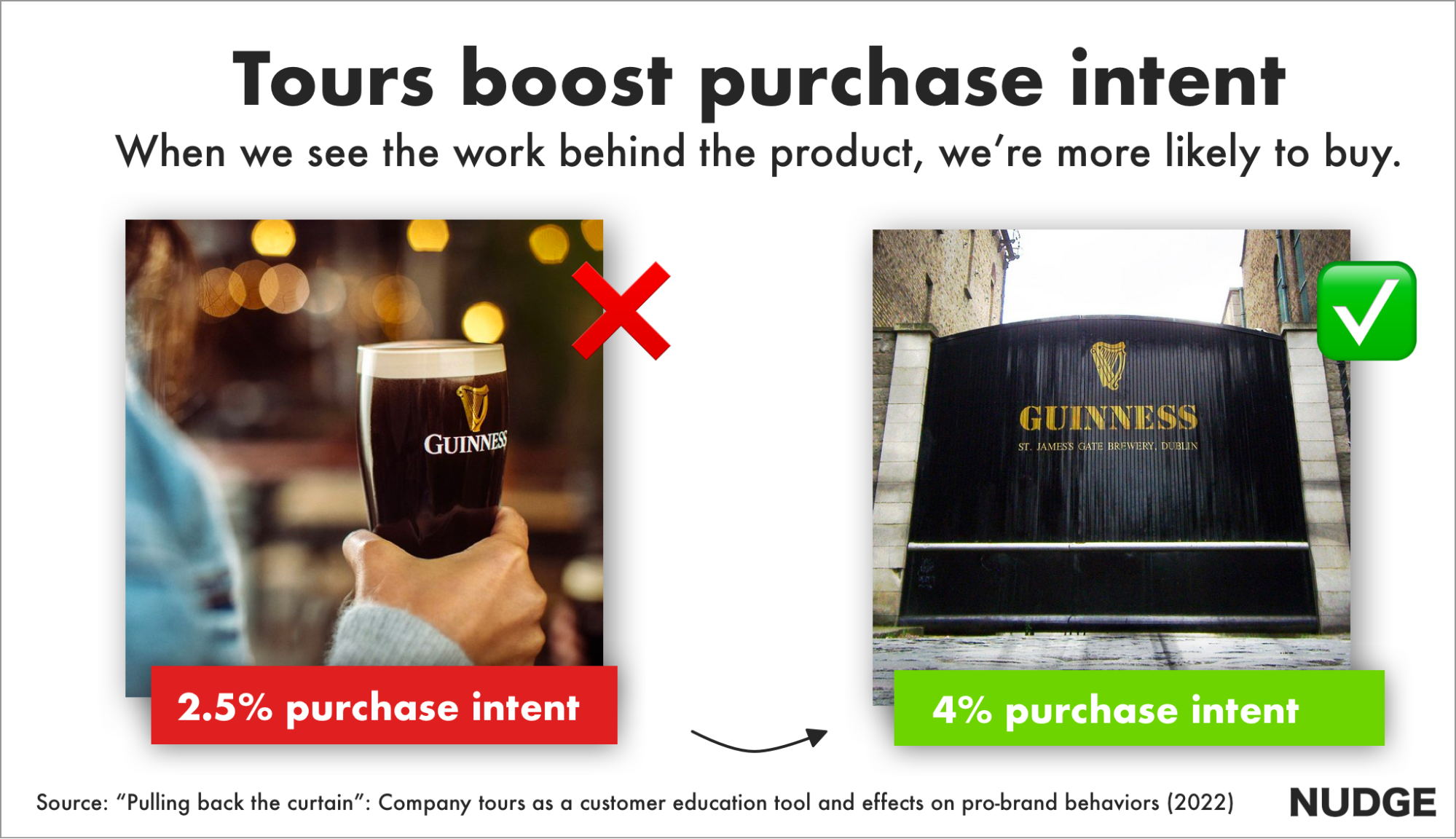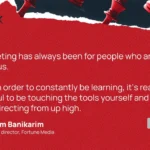Welcome to Creator Columnswhere we feature professional HubSpot Writer voices on blogs that inspire and empower you to expand to the top.
In his guide The Coming Wave, Mustafa Suleyman predicts that artificial intelligence will be able to successfully put together a business in just a few years. Chances are, you will simply need to write a recommendation like, “Move and make $1 million on Amazon in a few months with just an investment of $100,000.”
As?
Well, Suleyman says, the AI could simply search online provisions, find out what’s selling on Amazon, generate product footage, and send it to manufacturers on Alibaba.
The AI could then simply “email back and forth to refine prerequisites… and often exchange promotional and advertising materials and product designs based on buyer feedback,” Suleyman writes.
Simply put, it will make my process in advertising and marketing (and top roles in the industry) inappropriate. This leaves those other people working in companies large and small in a bind. What will we do? Why would companies need marketers if an AI could only make $1 million on Amazon without human assistance?
In short, I would become identical to the London gaslighters of the 1800s or the doormen of the 1900s: useless and redundant. That aside, I believe there is a get out of jail free card. I believe there is a way to remain comparable in a world where the most effective marketer is an artificial intelligence.
Do you want to stay comparable? Exploit input bias
So what’s the secret to staying comparable? To explain, I must introduce a well-documented psychological phenomenon: input bias.
Input bias suggests that consumers want services and products that require a lot of effort, money, or time to create. Nancy Harhut clearly describes this bias in her guide The Use of Behavioral Science in Advertising and Marketing.
He writes: “Input volume becomes a proxy for subsequent primary quality. While in some circumstances, there is an immediate difference between how much effort and time is invested in a project, in many circumstances there is not. However, people don’t always seem to be excellent at discerning the difference. As a result, they may mechanically assume that additional effort equals higher output.
For example, let’s say I know that my favorite consumer location is run by an Italian family with 80 years of experience. If so, I will charge their pizza a better price than the same pizza produced with a device in a German production unit.
This is input distortion at play. All people want products or services, products and goods that require effort and enjoyment. That’s why we love hearing or being told about the difficult works of art that fuel our favorite producers.
The analysis of visits to production units leads to this. “Pulling the Curtain Again” paper found that earning intent is 60% better after a buyer noticed behind the scenes.

We equally value our private efforts. Two scientists from the Faculty of Oxford have discovered that opening wine with a cork increases its taste by 4%. When participants knew that the wine had a cork, but did not open it themselves, this perception of premium quality and stylistic drive disappeared.

I also conducted my own experiment to see if I could simply take advantage of the input distortion.
I host Nudge, the UK’s leading promotion and advertising podcast. Over 350,000 marketers have tuned into my show to learn from my guests, resulting in 482 five-star ratings. Sharing the difficulty I put into my podcast made my Reddit ad 45% easier than the control.

The takeaway for marketers? You want to show how much human effort has gone into your alternatives.
Blast the engineering team that worked on your product. Recount the years your body of workers spent growing your craft. Prospective customers need to know that you are simply creating something high-quality that can outperform quick fixes like artificial intelligence.
Like marketers Drunk AI
Before I close this post, I want to focus on bots once again. Facebook has complicated enough artificial intelligence to control and persuade other people. His name is Cicero.
Cicero was built via Meta to play a complicated board game called Global Family Members. A mix of luck and poker, this game is about creating plans with complicated strategies, where backstabbing and deception are vital.
It’s easy to think that robots designed to control human emotions could create eye-catching advertisements and compelling pitches for brand-new products.
What makes other people different? It’s an effort.
However, customers will want services and products with better input levels. The potential CRM client will desire a product sales deck created by means of a hard-working salesperson on an identical presentation delivered by means of human-quality artificial intelligence.
The Instagram scroller will appreciate the artwork of a Mexican sculptor who red tapes every step of her process compared to the equivalent artwork created through an LLM.
Tips on how to solve this promotion and advertising crisis are simple and reassuring.
Shows difficult graphics inserted into the provider. Highlight the hours dedicated to its creation. Take some time to create engagement-filled campaigns, advertisements, emails, or content material topics. Your customers can see how much you, as a marketer, truly and deeply care.
Sooner or later, there will be other enhanced AI alternatives like Cicero that we will want to compete against. Input distortion is one of the most important tactics for keeping up with technology and future-proofing our jobs in a world where artificial intelligence could rapidly produce hundreds of thousands of people.

wordpress seo
[ continue ]
wordpress Maintenance Plans | wordpress hosting
Read more







